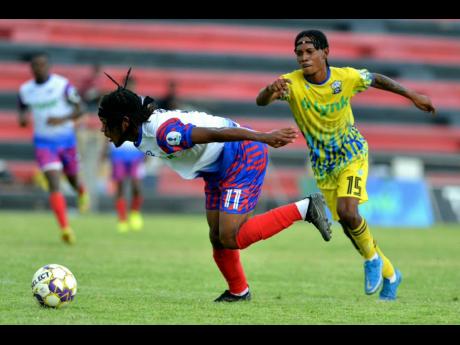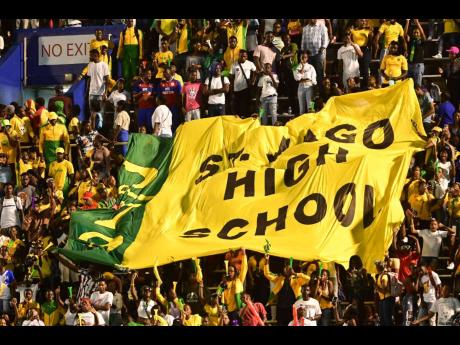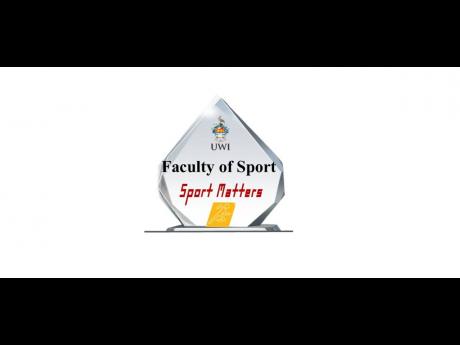Sport and social control
SOCIAL CONTROL is a sum of society’s methods to influence human behaviour to maintain a given order. Social control is fundamental because it focuses on three essential societal concepts: social order, norms, and deviance.
From a functionalist perspective, social order is achieved based on consensus and shared values, which hold the interrelated parts of a society together.
However, the complexity of modern societies has made social order more challenging as there are differences in many held beliefs compared to traditional societies, where a homogenous religious belief essentially brought about values and norms.
Given the complexity, a society cannot rely on people to do their own thing but instead must generate ways that get them to do ‘society’s thing’.
Sports can play a role in social control by transmitting the values of success in competition, hard work, perseverance, discipline, teamwork, and obedience to authority. Football is arguably the most popular sport in the Caribbean.
Every Caribbean country plays football regardless of their colonial association (French, Spanish, Dutch, or English). Let us look at how a football game brings the complexities of society to the field.
At the start of international games, players and referees walk out to the (International Association Football Federation) FIFA’s Fair Play anthem and undertake the customary handshakes, a suggestive gesture that players should respect their opponents, teammates, and referees. The playing of the national anthem contributes to maintaining societal integration through nationalism. Integration and socialisation are critical elements of social control. Likewise, the team huddles before a game commences to demonstrate social cohesion.
The desire to win may result in overlooking fair play. The referees are, therefore, integral in ensuring adherence to the game’s rules and not ‘their own rules’. They are the social control agents whose responsibility includes interpreting the formal rules of the game, assigning penalties for infractions, and keeping the game under control. The referees are vested with power, which the players accept because of tradition, the law, or charisma. Like other areas of life, the referees’ reputation can impact the players’ attitude to accepting rulings.
Football history was made at the 2018 FIFA World Cup when Japan edged out Senegal on fair play points. The number of yellow and red cards received in the group stage determined the fair play points.
Besides the referees, as agents enforcing social control, there are organisational controllers. These include the international governing bodies (FIFA), regional bodies Confederation of North, Central America, and Caribbean Association Football (Concacaf), and local bodies (the national federations and other subgroups). The relevant governing body conducts the administrative operation of tournaments within the laws stipulated by FIFA. In football tournaments, players commonly miss a match due to specific sanctions. These sanctions apply to deviant players, coaches, and other team officials.
Typically, sanctions include reprimands, monetary fines (for professional athletes), suspensions, and expulsions. Social control manipulates the consciousness of individuals so that they play by the rules. Ideological social control is more effective than overt social control measures because individuals impose controls upon themselves.
An ideological control that benefits social order at football matches is the presence of scouts. An essential function of sport is to encourage social mobility. Therefore, when athletes are aware of the presence of scouts (including national coaches), they try to perform to the best of their technical abilities, plus behave in a manner that would increase their marketability for making a national team or clubs on the international scene.
Sports can be a very influential tool in achieving social order.
However, while we have focused mainly on the positives, we should remember the negative aspects that sometimes occur, like cheating, social exclusion, and pressure to perform.
Christopher Jackson is pursuing an MSc in Sports Business Management in the Faculty of Sport
Sport Pulse and Sport Matters are fortnightly columns highlighting advances that impact Sport. We look forward to your continued readership.




